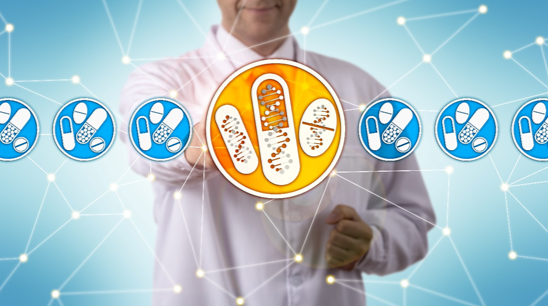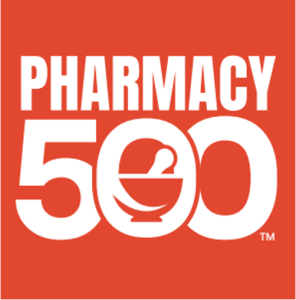Pharmacogenomics, not to be confused with pharmacogenetics, is becoming more and more popular amongst clinics across the country. This is largely due to the benefits it has with medication safety. Especially patients who take multiple medications daily, such as elderly patients. Studies show that 98% of patients have genetic variants affecting how their bodies handle specific medications. Out of those patients, about 80% of the reactions can be explained with genomic variations.
Taking multiple medications daily, patients tend to be more concerned with how the different medications will interact and are less likely to consider how their bodies will react. In recent studies, it was found that cardiovascular medications were most likely to trigger drug-gene interactions, followed by commonly prescribed pain medications. Elderly patients especially have been known to be at a higher risk of drug-gene interactions due to changes in their metabolism with age.
While pharmacogenomic testing is especially encouraged among the polypharmacy community, it is a good idea for anyone who takes medications regularly. The test is simple; it’s just a cheek swab from the patients mouth and the results will be ready in about two weeks. Once the test is uploaded in the medical record, it is not only available for doctors to see, but for their pharmacist, too.
As pharmacists, you can advise your patients to consult their doctors about these tests if they are a part of the polypharmacy population. If they do decide to consult their doctor and take this test, you can also help answer any questions that they might have about the test and/or the results. This will not only influence medication safety amongst your patients, but also help your relationships grow.






